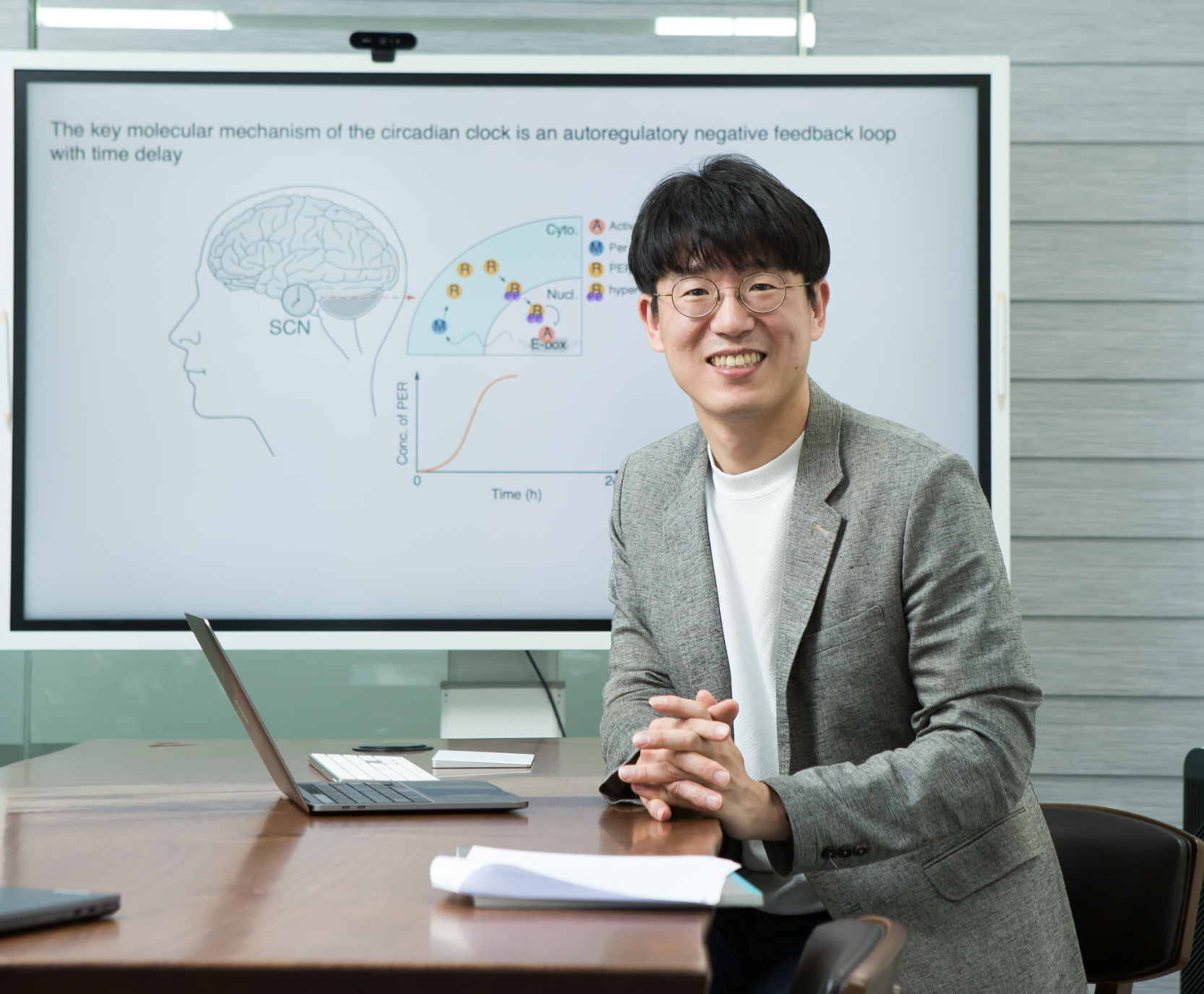
Like many young New Yorkers, Jameson Butler received her first mobile phone at just 10 years old in 2017. It was a smartphone, complete with access to a plethora of social media apps. By the age of 12, she found herself so engrossed in her device that it began to concern her parents, and eventually, herself.
“My screen time [then] was around five to six hours, which is a pretty decent chunk of my day, especially considering the fact that I was in school for eight hours,” she shared with ABC Radio National’s Science Friction.
At 14, Butler made a decision that few her age would contemplate: she stopped scrolling, deleted her social media accounts, and gave up her smartphone. This move allowed her to rediscover life beyond the confines of a screen. To stay reachable, she opted for a “dumbphone,” a basic mobile without apps. “The flip phone just made so much sense,” she added.
The Rise of the Luddite Club
Butler soon discovered she wasn’t alone. She met Logan Lane, a high school student with similar views, and together they founded the Luddite Club. This group promotes the “conscious consumption of technology” among teens and young adults. The name is inspired by the original Luddites, English textile workers who resisted industrial machinery in the 19th century.
However, Butler and her peers don’t see themselves as revolutionaries. Their aim is to empower young people with the tools to help themselves. The club’s philosophy has resonated beyond New York, with chapters emerging in states like Florida and Philadelphia.
Global Movements and Local Legislation
The idea of creating safe offline spaces for children is gaining traction globally. In France, a town banned public phone use last year, and in Australia, a ban on under-16s accessing certain social media platforms will become law in December 2025.
The question remains: who should enforce these restrictions? Governments, organizations, or individuals? The Luddite Club advocates for personal choice, with Butler stating, “The choice to consume less technology should be consensual and empowering.”
Challenges and Criticisms
Despite the club’s growing popularity, it faces criticism. Some argue that living without a smartphone is a privilege not everyone can afford, as phones are essential for social inclusion. Critics also label the club as classist, but Butler refutes this, explaining that the only rule at their meetings is to put devices away.
Meanwhile, Butler acknowledges the challenges of living without a smartphone in today’s digital world. “Especially as we now see QR codes, links to websites everywhere. A lot of my schoolwork is online,” she admits.
Expert Opinions and Broader Implications
Experts like Anna Lembke, a professor of psychiatry and addiction medicine at Stanford University, describe the compulsive overconsumption of digital media as a “collective problem” needing “collective solutions.” She emphasizes the importance of physical spaces without internet connection for meaningful human interaction.
“It’s not enough to just moderate the content or try to limit our time, we need actual physical spaces and times when we all come together with no internet connection,” Lembke says.
In Australia, the upcoming social media ban for under-16s positions the country as a test case for similar legislative efforts worldwide. However, critics, including social media mogul Elon Musk, argue that such measures could inadvertently control internet access for all Australians.
Looking Ahead
As the debate continues, Butler remains steadfast in her belief that technology consumption should be a personal choice. Her journey from smartphone dependency to leading the Luddite Club underscores a growing movement among youth to reclaim control over their digital lives.
Whether through legislation or personal choice, the conversation around technology use and its impact on young people is far from over. As more join the Luddite Club and similar initiatives, the dialogue about finding balance in a tech-driven world continues to evolve.





